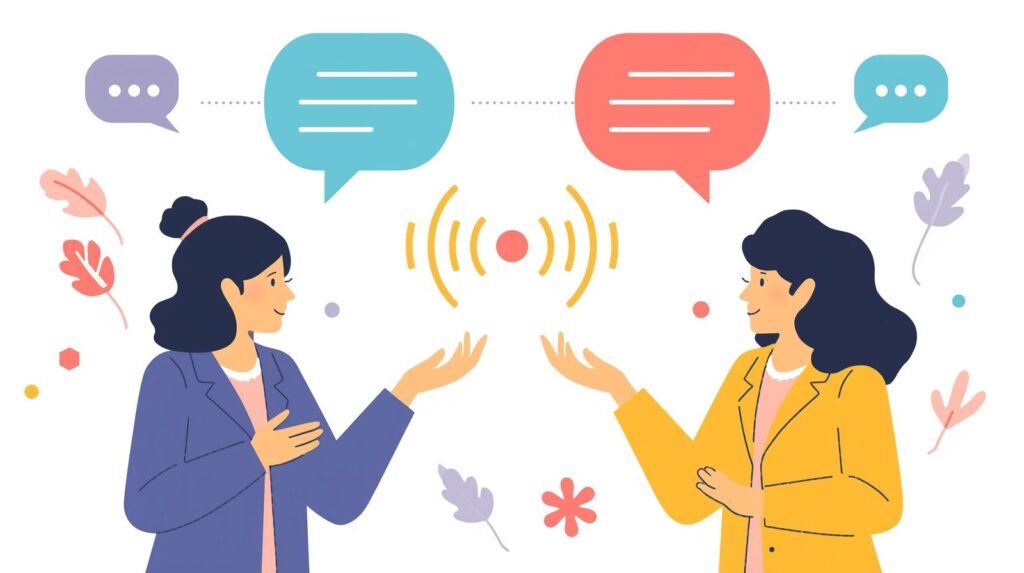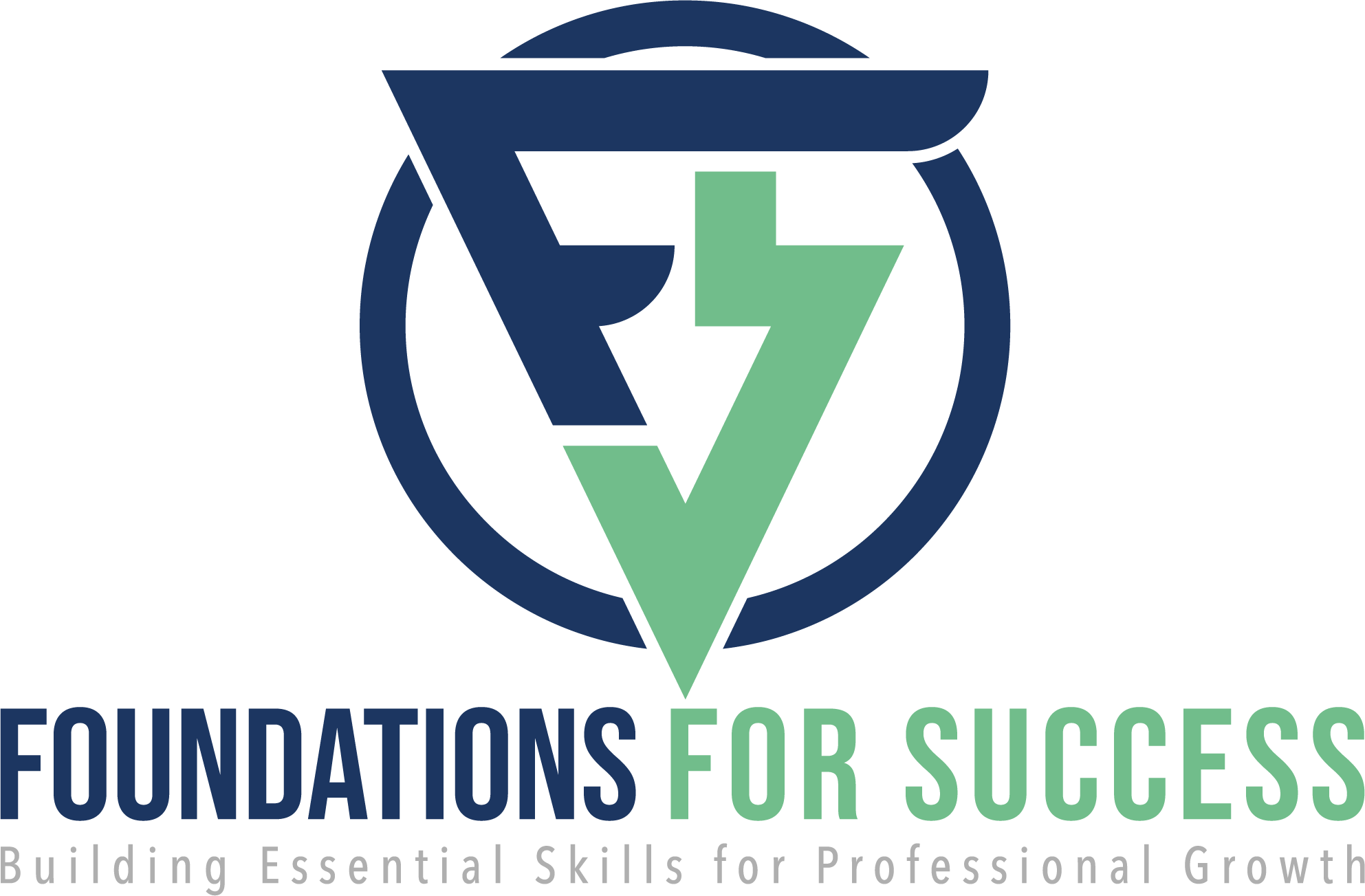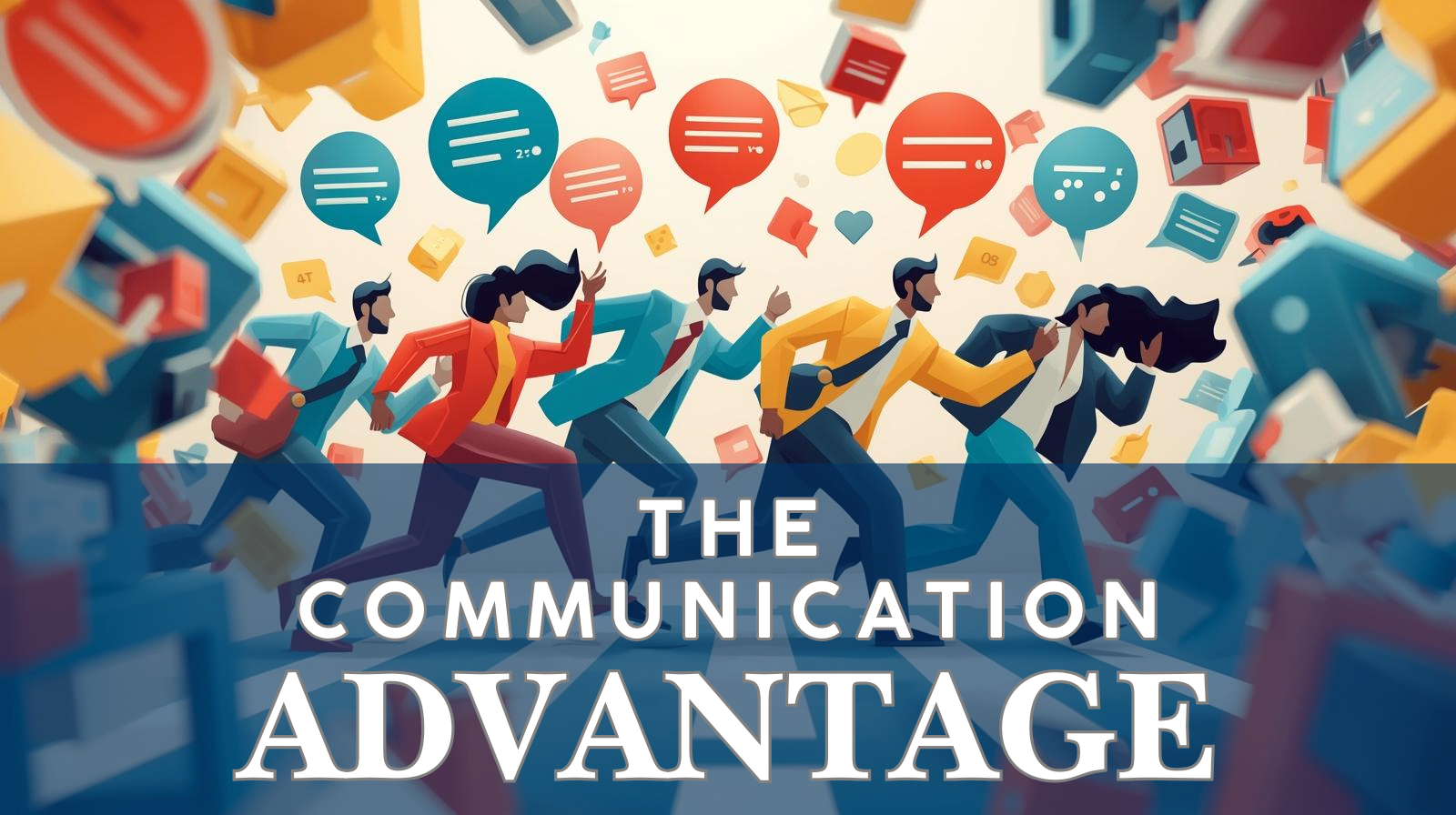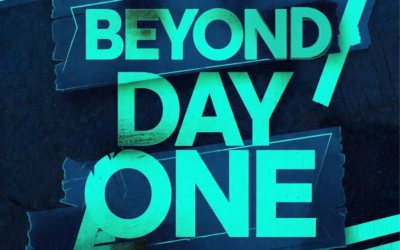This is Part 1 of our series, The Communication Advantage, which examines the significance of communication as a professional skill and discusses approaches for developing it for individual and workplace effectiveness.
You’ve probably seen it happen. The smartest person in the room struggles to explain their idea—and someone else with half the expertise gets everyone’s support.
That’s because success doesn’t just depend on what you know. It depends on how well you communicate what you know.
Communication is the most essential professional skill of them all. In fact, it’s the master skill—the one that enhances every other ability. Without it, talent goes unnoticed, teamwork falls apart, and leadership never takes root.
Let’s unpack why communication is so critical, and what exactly makes it the skill that shapes your career, your relationships, and even your confidence.
Communication: The Foundation of All Soft Skills
Think about the soft skills most employers say they value: teamwork, leadership, problem-solving, conflict resolution, empathy. What do they all have in common? None of them are possible without communication.
• Teamwork relies on people expressing ideas, sharing responsibilities, and building trust.
• Leadership is ultimately the ability to articulate vision and inspire action.
• Problem-solving depends on asking the right questions and clarifying assumptions.
• Conflict resolution is almost entirely about how conversations are handled.
• Empathy requires not just listening but showing you’ve heard.
Strip away communication, and these skills collapse. That’s why it’s often called a meta-skill.
What Is a Meta-Skill?
A meta-skill is a higher-order skill that makes other skills possible. It’s useful in multiple situations and multiplies your effectiveness across every area of work and life.
Examples of meta-skills include:
• Communication → unlocks teamwork, leadership, conflict resolution, influence.
• Adaptability → helps you adjust to change, new tools, or unexpected challenges.
• Self-awareness → drives emotional intelligence, decision-making, and growth.
That’s why communication is often called the master meta-skill: it’s the foundation that allows all your other skills to shine.

Communication Shapes Perception
Here’s a sobering reality: people don’t just judge your competence by the quality of your work—they judge it by how you present your work.
If you can’t explain your ideas clearly, others may assume you don’t understand them yourself. If you ramble or bury your point, your insight gets lost. But when you communicate with clarity and confidence, people perceive you as credible—even if the content itself isn’t groundbreaking.
Communication is the lens through which others see your competence.
Communication Drives Collaboration
The best idea in the world means nothing if you can’t get buy-in. Organizations don’t run on individual brilliance; they run on shared understanding.
When communication is strong, teams move faster, mistakes are fewer, and innovation flows because people feel safe to contribute. When it’s weak, everything slows down—confusion spreads, tasks get duplicated, and frustration takes over.
In other words, communication is the grease that keeps the gears of collaboration turning.
Communication Reduces Friction
Misunderstandings are one of the biggest hidden costs in any workplace. An unclear email, a vague instruction, or a poorly framed meeting can waste hours and derail entire projects.
Strong communication reduces this friction. It aligns expectations, clarifies responsibilities, and prevents the “I thought you meant…” disasters that cause stress and missed deadlines.
Think of it as preventive maintenance: the clearer you communicate, the smoother everything else runs.
Communication Creates Influence
Influence doesn’t come from authority alone. Some of the most impactful people in an organization don’t have the highest title, but they have a voice people listen to.
That influence is built on communication. It’s the ability to frame ideas in ways others can connect with, to persuade without pressuring, and to adapt your message to different audiences.
At its core, influence is the art of connection. And connection happens through communication.
Why It Matters for Gen Z, Emerging Leaders, and Beyond
For Gen Z and young professionals, this skill is a game-changer. You’re entering workplaces where technical skills are assumed. What sets you apart is how you show up in conversations, meetings, and even Slack messages. Mastering communication early gets you noticed and remembered. That can open doors throughout your career.

For leaders and managers, communication is the bridge between vision and execution. Without it, even the best strategy stays stuck on paper. With it, teams feel aligned, motivated, and empowered.
And for all of us, regardless of where we are in our career, communication is the constant thread. Whether you’re in your first job or leading a division, success will rise or fall on your ability to express, listen, connect, and persuade.
The Bottom Line
Communication isn’t just another soft skill. It’s the critical meta-skill that shapes how all the others show up. It makes your competence visible, drives collaboration, reduces friction, and creates influence. Without it, even brilliance gets lost in translation.
If you want to invest in a single skill that pays dividends in every corner of your career, invest in communication. It is, quite simply, the master skill of professional success.
Coming Next in the Series
In the next article, we’ll dive into one of the most underrated aspects of communication: listening. Because great communication isn’t just about speaking well—it’s about hearing well. And mastering that side of the equation might just be your greatest professional superpower.



